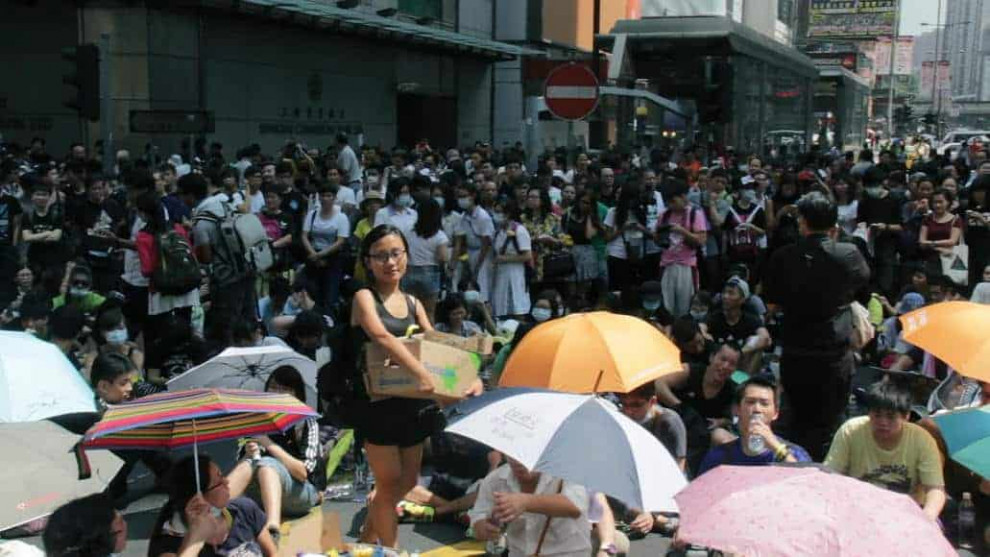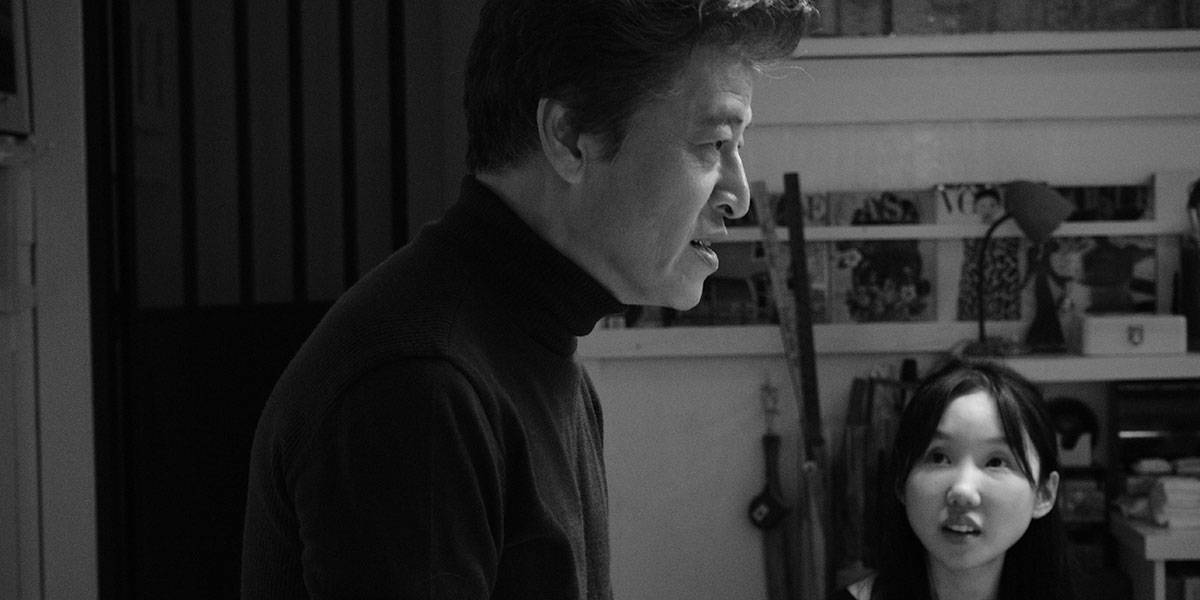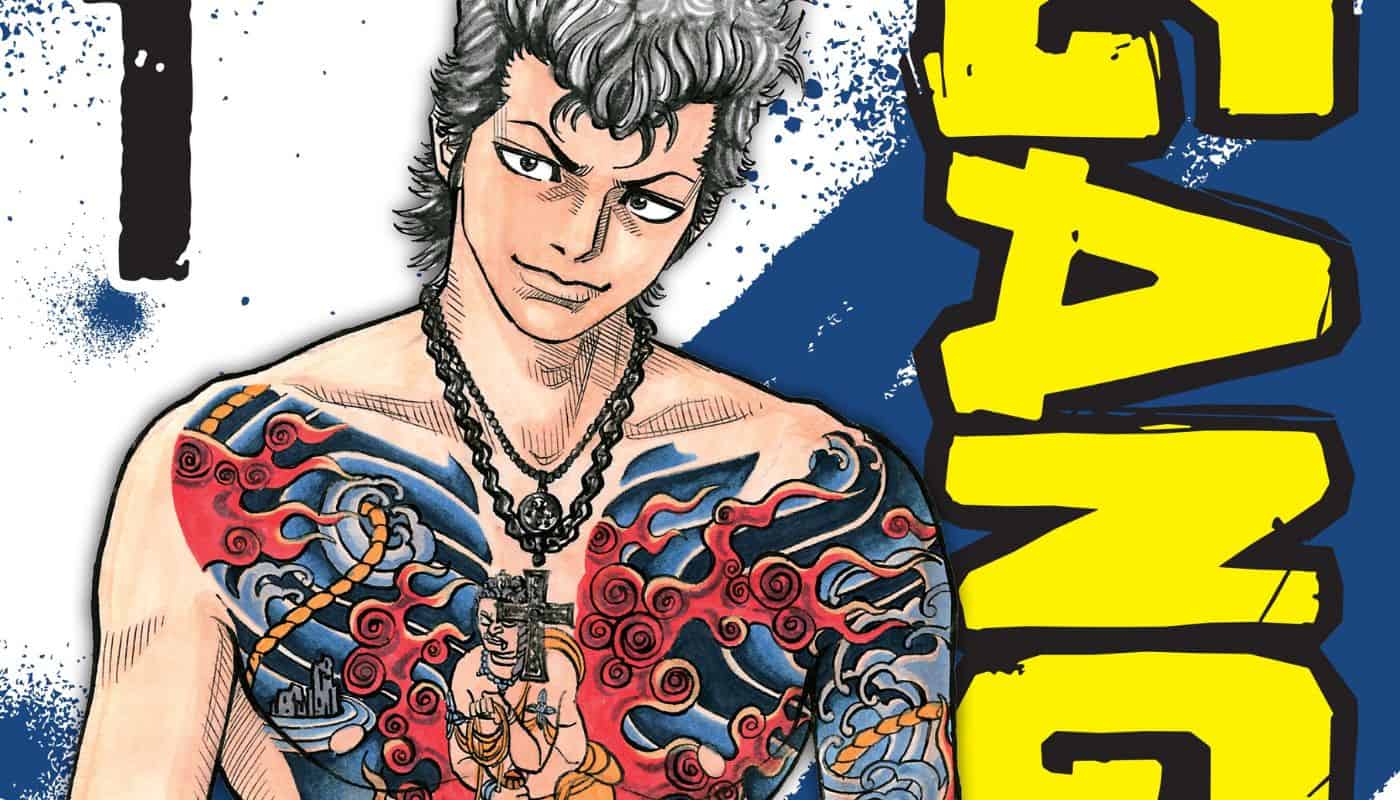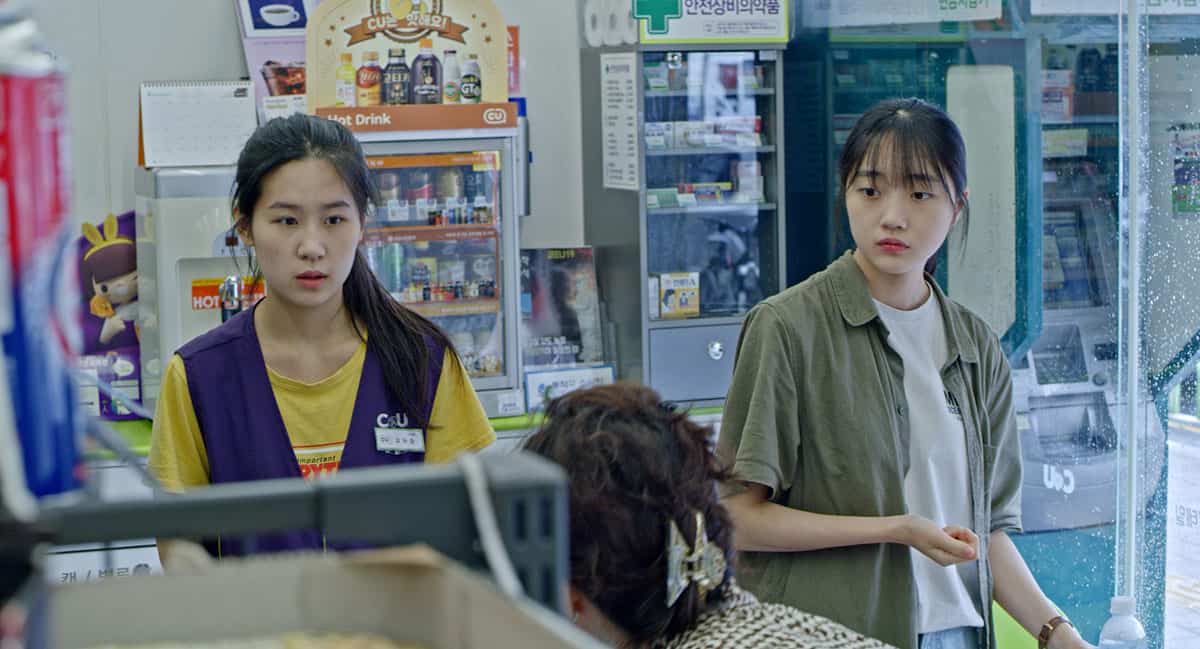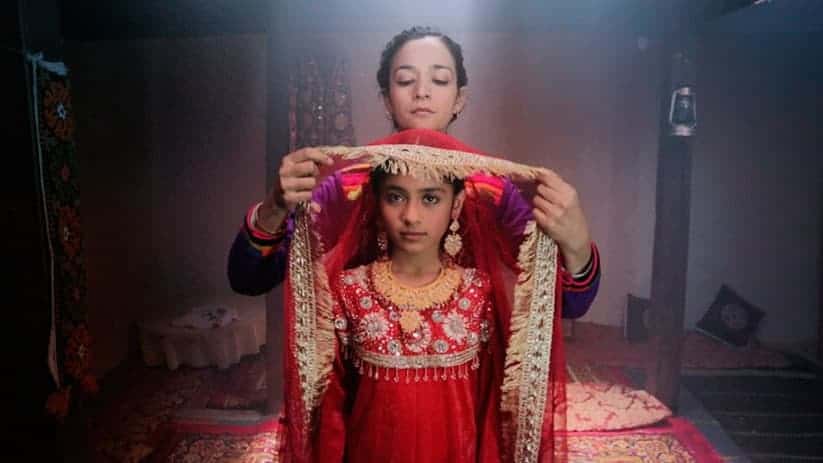The Umbrella Movement of 2014 was considered one of the most radical and impactful series of events in the modern history of Hong Kong, at least until this year's protests about the Extradition Law proved much more massive. Chan Tze-woon experienced the 2014 events by participating fully in the movement, with his effort resulting in the particular documentary that seems timelier than ever.
“Yellowing” is screening at the International Film Festival Rotterdam

His record of the events is quite thorough and realistic, as Chan was an actual member of the protests, participating in all its actions and having discussions with a number of its members, the overwhelming majority of which were university students. His camera even followed some of the protesters in their interactions with the parents, in a recurring point in the film that highlights the Confucian values of the previous generation, exemplified in phrases like “you need to be responsible for your parents”, which, in essence, means, “you should always think how your actions hurt your parents”. The discussions captured are very interesting, as they highlight the intelligence, education, and resolve of the protesters, but also their disappointment for a government that seems to exist just to follow Chinese guidelines, and an overall system that has failed them in so many ways.
These discussions, and the emotions and thoughts behind them form the basic narrative of the documentary, but there are also elements of shock here, mostly deriving from the violence of the police methods, which Chan recorded as closely as possible, in a brave tactic that had him coming very close to both being the recipient of it and being arrested.

With more than 1000 hours of footage recorded, I would say that the editing aspect is good, but at the same time, and at 133 minutes, the documentary seems a bit long. Furthermore, the fact that some details, like mentioning who the one who speaks is (in the case of a public speaking on the street during the events for example) are omitted, add to this difficulty of watching. Additionally, there were some times when I felt that Chan was too close to the events, which somewhat faulted his perspective of what was happening in Hong Kong at the time outside the “occupied” areas. Lastly, I feel that the documentary would be more objective and informational if at least a part was allocated to what the “other side” has to say about what was happening, although Chan showed the opinion of the average working man, which seemed to be against the protesters.
“Yellowing” had a clear purpose of highlighting the protests from a very specific point of view, and in that regard, and despite the aforementioned faults, I can easily say that Chan Tze-woon succeeded in the fullest.


